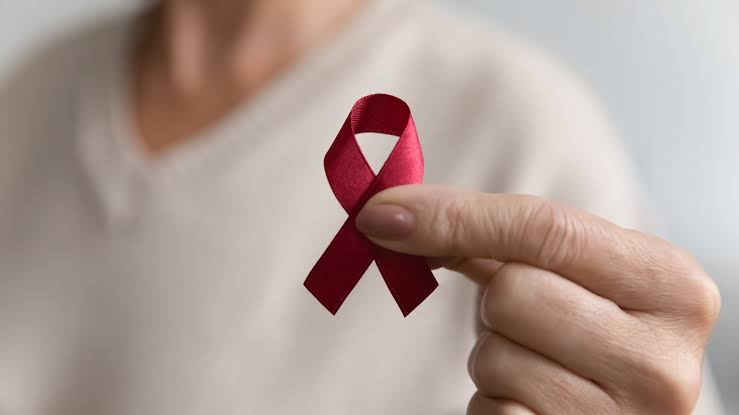A woman of mixed race appears to have been cured of HIV for the first time, making her the third person to be cured.
According to scientists, She was cured using a new transplant method involving umbilical cord blood that opens up the possibility of curing more people of diverse racial backgrounds than was previously possible.
The patient, who needed a stem cell transplant for leukemia, reportedly developed a new HIV-resistant immune system following a breakthrough procedure in which she was genetically matched with umbilical cord stem cells that contained an HIV-resistant mutation.
Since receiving the cord blood, the middle-aged woman of mixed race has been in remission and free of HIV for 14 months, without the need for potent treatments known as antiretroviral therapy.
Dr. Yvonne Bryson, an infectious disease physician at UCLA, who led the study, discussed their team's finding along with the patient's condition at the Conference on Retroviruses and Opportunistic Infections this week.
"Today, we reported the third known case of HIV remission and the first woman following a stem cell transplant and using HIV-resistant cells," Bryson said in a press conference.
"This case is special for several reasons: First, our participant was a U.S. woman living with HIV of mixed race, who needed a stem cell transplant for treatment of her leukemia. And she would find a more difficult time finding both a genetic match and one with the HIV-resistant mutation to both cure her cancer and potentially her HIV. This is a natural, but rare mutation."
Researchers say the new method could lead to more racially diverse people being cured than was previously believed to be possible.
There is a larger supply of cord blood than adult stem cells, which are usually used in bone marrow transplants, and cord blood also doesn’t need to be as closely matched to the patient.
Most donors are Caucasian, meaning that a partial match could cure dozens of those suffering from both cancer and HIV in the US every year, The New York Times reported.








